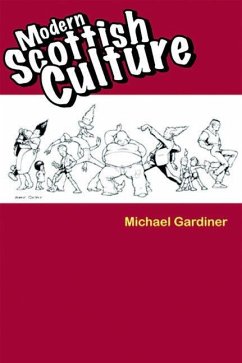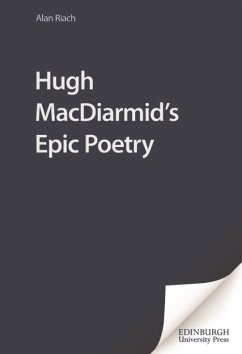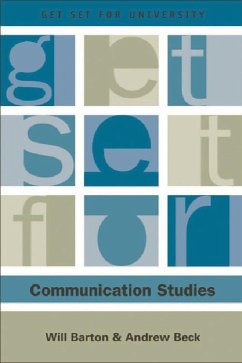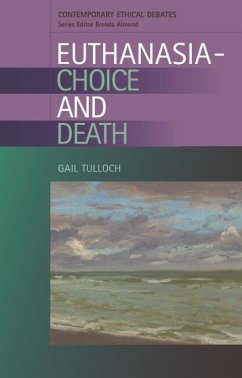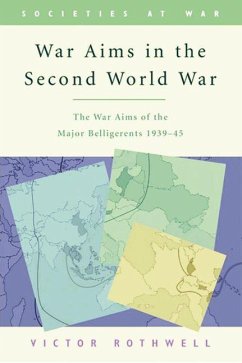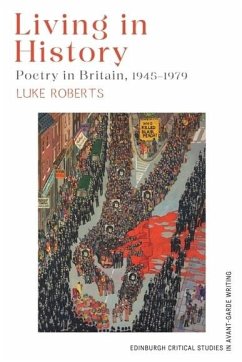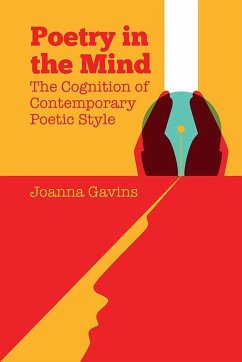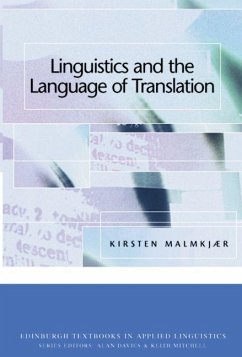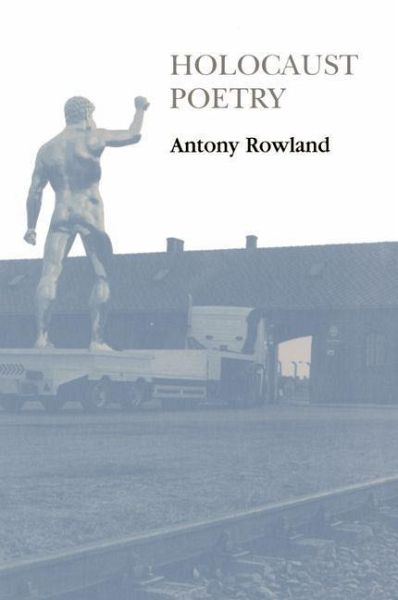
Holocaust Poetry (eBook, PDF)
Awkward Poetics in the Work of Sylvia Plath, Geoffrey Hill, Tony Harrison and Ted Hughes

PAYBACK Punkte
0 °P sammeln!
The first critical study of post-Holocaust poetry in Britain.Under the umbrella term 'Holocaust poetry', this book argues that distinctions need to be made between the writing of Holocaust survivors and those who were not involved in the events of 1933 to 1945. This study focuses on the post-Holocaust writers Sylvia Plath, Geoffrey Hill, Tony Harrison and Ted Hughes, while also stressing the links between them and the Holocaust poetry of Paul Celan, Miklos Radnoti, Primo Levi and Janos Pilinszky. Developing his theory of 'awkwardness' Antony Rowland argues that post-Holocaust poetry can play a...
The first critical study of post-Holocaust poetry in Britain.Under the umbrella term 'Holocaust poetry', this book argues that distinctions need to be made between the writing of Holocaust survivors and those who were not involved in the events of 1933 to 1945. This study focuses on the post-Holocaust writers Sylvia Plath, Geoffrey Hill, Tony Harrison and Ted Hughes, while also stressing the links between them and the Holocaust poetry of Paul Celan, Miklos Radnoti, Primo Levi and Janos Pilinszky. Developing his theory of 'awkwardness' Antony Rowland argues that post-Holocaust poetry can play an important part in our understanding of Holocaust writing by stressing its self-conscious, imaginative engagement with the Holocaust, as well as the literature of survivors. The book illustrates that 'awkward' poetics enable post-Holocaust poets to provide ethical responses to history, and avoid aesthetic prurience. This probing and sensitive reassessment of Holocaust-related poetry will appeal to academics and students working in the areas of Holocaust Studies, contemporary poetry, and twentieth-century literature in general.Features* Focus on post-Holocaust poetry.* New critical vocabulary and concept of 'awkward poetics' to discuss the poets' writing.* Original reading of Sylvia Plath's 'camp poetics'.* One of the first books to use material from the Ted Hughes archives at Emory University (Atlanta) and the first book to use Tony Harrison's workbooks for Prometheus.
Dieser Download kann aus rechtlichen Gründen nur mit Rechnungsadresse in A, B, BG, CY, CZ, D, DK, EW, E, FIN, F, GR, HR, H, IRL, I, LT, L, LR, M, NL, PL, P, R, S, SLO, SK ausgeliefert werden.





